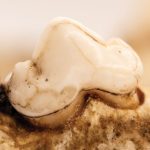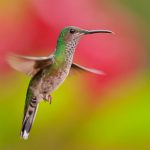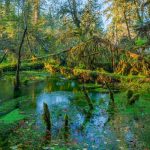Research
June 18, 2025
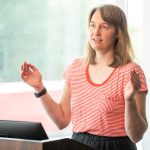
Early riser
Lindsay Schwarz received the highest honor handed out by the U.S. government to scientists and engineers in independent research.
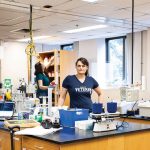
Serving in science
From the Navy to the UW, Kristin Bennett's journey has sparked innovations in studying brain injury and research accessibility.
June 13, 2025
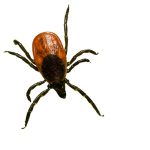
Tick, tick...
UW researcher Alex Eisen helped Washington State develop a Tick Dashboard, alerting hikers to the pests.
June 11, 2025
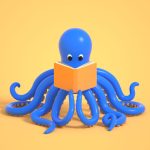
Finish your thoughts
A UW professor and organizational management expert explains why bouncing from task to task takes a toll on your brain.
June 10, 2025
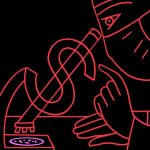
Science under siege
Cuts in federal funding will close labs and stall cures for UW researchers.
June 4, 2025
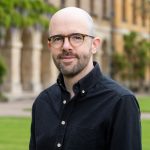
Thinking outside the bot
AI expert Brian Christian explores the tricky dynamics between human behavior and artificial intelligence.
May 12, 2025
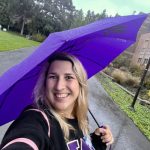
AI bias and benefit
Graduate student Kate Glazko explores generative technology and its impact on people with disabilities.
March 11, 2025
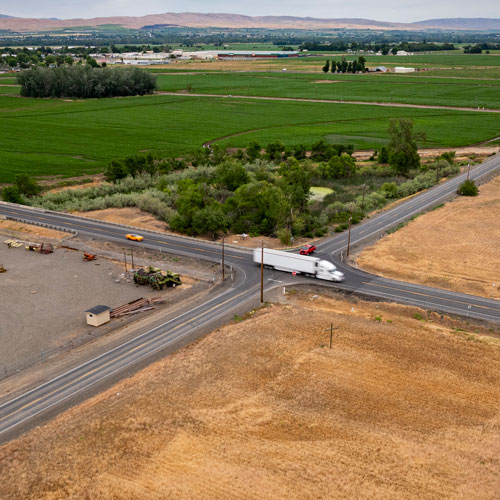
Sensing solutions
A traffic sensor in Toppenish could help reduce car accidents at a dangerous highway intersection.
January 16, 2025
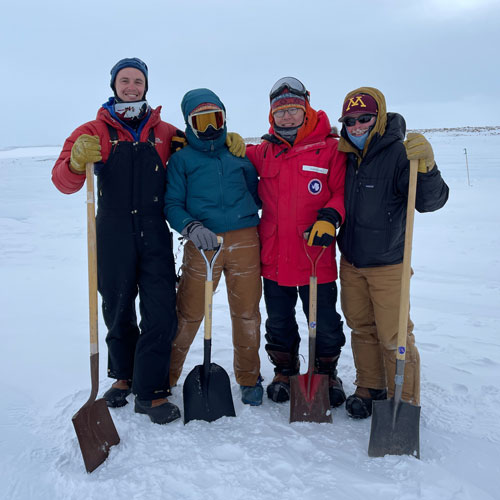
Ice spy
UW alum Peter Neff is no stranger to dangerous helicopter rides in the world's most remote and frigid landscape.
December 9, 2024
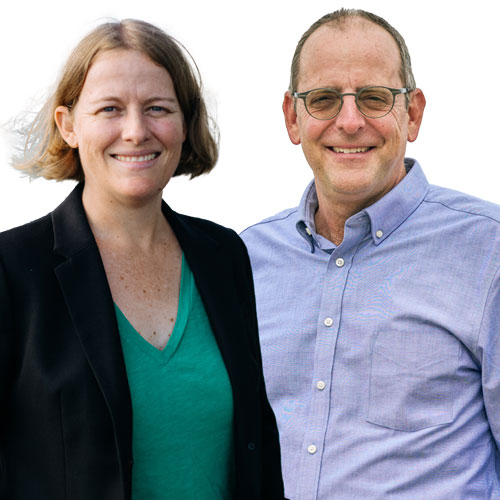
Pure genius
One is developing technology to help intimate-violence survivors, the other investigates microbial lifeforms. Both are geniuses.
December 6, 2024

"Kind of a crazy idea"
David Baker, the UW's latest Nobel Prize winner, revolutionized protein design.
October 22, 2024
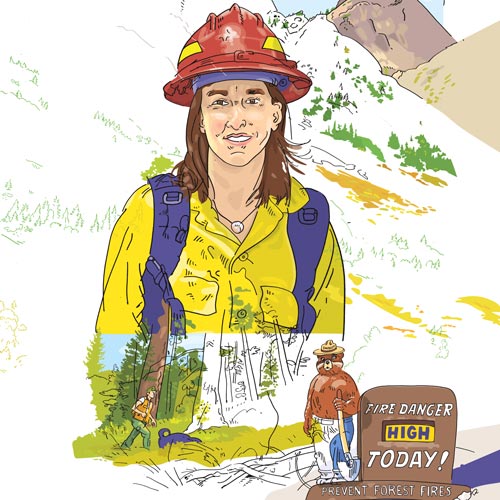
Building better forests
Dr. Susan J. Prichard is a research scientist with a passion for forest ecology. She tells us about her work with wildfires.
September 18, 2024
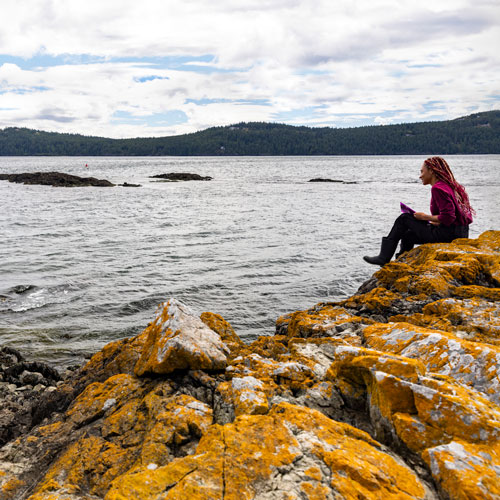
Turning the tide
A UW mentorship program created in partnership with Black in Marine Science and The Nature Conservancy expands access to marine biology for underrepresented communities.
September 13, 2024
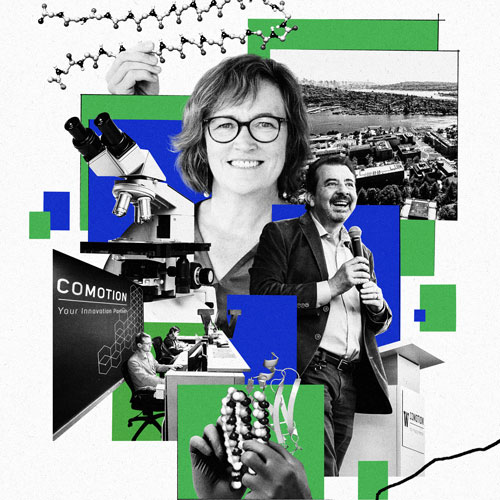
Novel approach
With new support of private equity, CoMotion is helping a UW professor's quest to diagnose Alzheimer's earlier.
September 12, 2024

In tune with babies
UW researchers note that music enhances the neural response to speech in infants. They also discover that families are not talking or singing directly to their children as much as they thought.
September 11, 2024
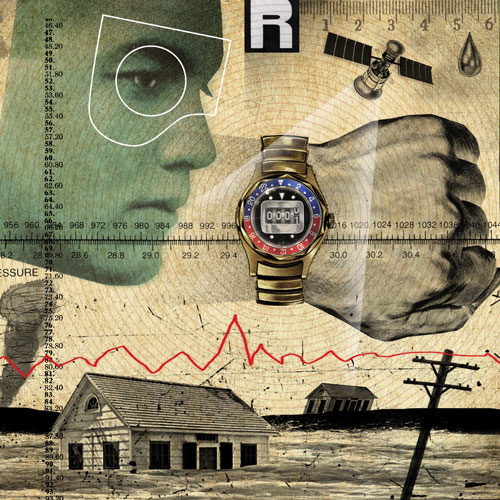
Learning from disaster
Along with Oregon State, Virginia Tech and the University of Florida, researchers from the UW are studying natural disaster data to better respond to these hazards.

Small town, big dreams
UW's Livable City Year program worked with the city of Snohomish to support their economic development. Next up: Granite Falls and Mukilteo.
